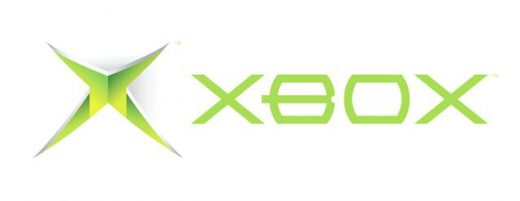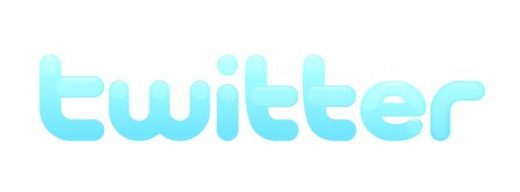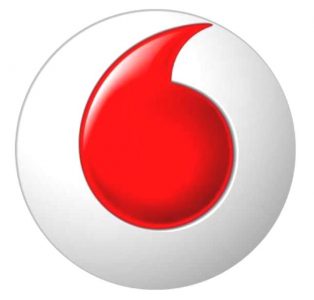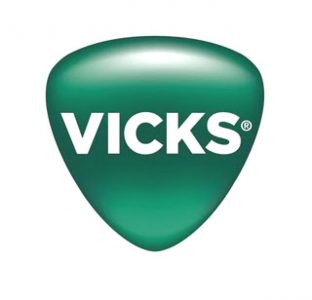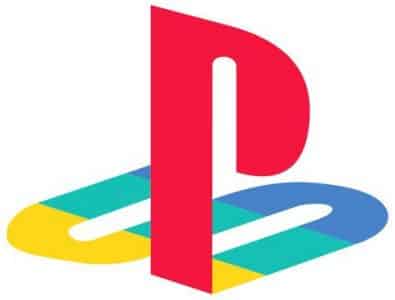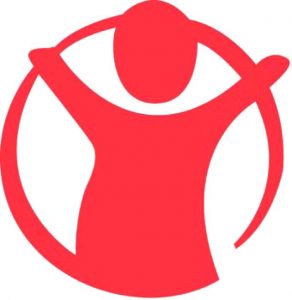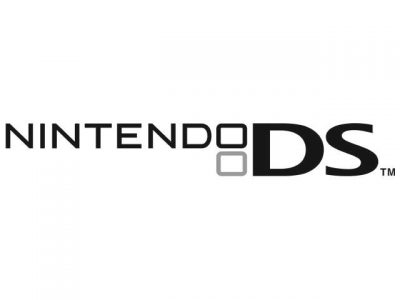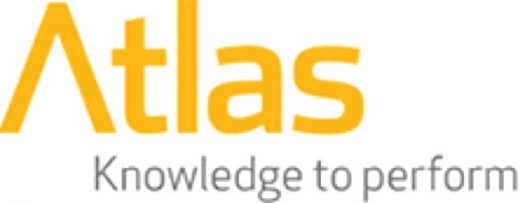Georgian Transcription Services
100% Precise and Human Generated Georgian Transcription Services!
GoLocalise offers Georgian transcription services for audio and video files for business and individual purposes. Our expert team of transcribers will create a text version of your video or audio file, and we can also translate and/or voice over your transcript.
We are your reliable Georgian transcription company!
What Is Transcription?
No, this isn’t a trick question and you might be surprised how many people get this wrong. In simple terms, transcription is the process of listening to audiovisual content and writing down what is heard.
Seems simple enough, so what exactly is the part that confuses people?
We used GoLocalise to voice several of our films in Vietnamese. The service was friendly and professional. Being able to attend the recording sessions gave me confidence; the sound engineer had taken a lot of time to familiarise himself with our films and scripts, and the voice talents were incredibly competent and good at adapting to any changes in the scripts as we recorded. The whole process was incredibly smooth and I felt in safe hands.
Let's get started!
Understanding The Difference Between Transcription and Translation
Many people confuse transcription with translation.
If you need a text version of your audiovisual content in a language which is different to the original language of your source material then you need translation (which, by the way, we can also help you with).
If you’re simply in need of a written transcript in the same language as your original audiovisual materials, that is transcription and you’re in the right place.
What Do Our Georgian Audio and Video Transcription Services Include?
A voice-to-text method that captures everything spoken, including interjections, signs of emotion (coughs, sighs, chuckles), false starts, and thought process shifts. It’s useful for reference during editing, but not ideal for finished, polished content.
This captures the speech exactly as it’s spoken, omitting filler words but without correcting grammar or sentence structure. It’s useful when accuracy is needed, but without polishing the final result.
Filler words, false starts, and mispronunciations are eliminated, with grammar corrected. This creates a refined document that reads more like proper text, ideal for publishing or any public-facing material.
Learn more about Transcription Services
Let's get started!
What Are the Benefits of Transcribing Your Georgian Audio or Video Content with GoLocalise?
There is often confusion between transcription and translation. If you need a version of your audiovisual content in a different language, the you you require translation (which we can also assist with). However, if you simply need a written transcript in the same language as your original content, then transcription is what you need — and you’ve come to the right place.
Take a podcast, for instance. By providing a text version of your audio content, search engines like Google can easily index and include it in their search results. When people search for keywords related to your subject matter, they’re far more likely to come across your material. This not only boosts your visibility but also significantly increases traffic to your site, expanding your reach and enhancing your online presence.
Journalists, bloggers, and other content creators often rely on quotes and citations to back up their arguments. When faced with two equally credible sources, one of which has already been transcribed, the transcribed version is much more likely to be chosen. Having your content available in written form makes it far easier for others to reference and quote, increasing the chances of your material being used in a variety of publications and discussions.
Creating high-quality audiovisual content, whether a podcast or a video, is both time-consuming and expensive. Why restrict it to just one format or platform? With a transcript, you can repurpose your content into a range of new formats, such as blog posts, social media updates, or short teaser clips that can attract new audiences. This process not only drives more traffic to your site but also ensures that your original content continues to serve a variety of purposes, maximising its value and impact.
One of the most important benefits of transcription is the increased accessibility it provides, particularly for people with hearing impairments. Without a written transcript, your audio or video content remains completely inaccessible to the deaf and hard-of-hearing communities. Providing a transcript ensures that everyone, regardless of their hearing ability, can engage with your content, helping to make your message more inclusive and far-reaching.
In the UK alone, there are approximately 550,000 Polish speakers, along with over a million speakers of languages such as Punjabi, Gujarati, Bengali, and Urdu. For many second-language speakers, especially when the content involves complex topics or colloquial expressions, following along with audio in a non-native language can be challenging. By providing a written transcript, you give these audiences a valuable resource to help them understand and engage with your content more effectively, bridging the gap between language barriers.
Creating your audiovisual content, whether that's a podcast or a video of some kind, is often an incredibly time-consuming and expensive process. So why use it for only one purpose? You can use a transcription to repurpose your materials into a blog or social media post, to drive traffic to your website, to use as a teaser to bring people to a full-length podcast, and many more uses too.
Can I Use a Transcription As Subtitles?
Yes, and no. GoLocalise specialises in anything audiovisual so of course if you’re in need of a full subtitling service we can absolutely help with that too, and in fact transcription is an integral part of the process when creating a same-language subtitle file.
The main difference here would be that subtitling also requires very precise technological know-how so that the resultant subtitles follow subtitling conventions and don’t prove to be distracting to the viewer.
A transcription by default won’t necessarily follow these guidelines and is better suited for other purposes, such as the ones listed above.
Tap Into Our High Quality Georgian Transcription Services Now!
So, whatever your reason for transcribing your audio or video content in Georgian, we’re happy to help.
Whether it’s to make your Georgian podcast more accessible to people with hearing impairments, for use as a starting point for a video localisation project, or for any other reason, our experience in these fields has made us the top choice for clients all over the world who want to get more out of their audiovisual content.
Our transcriptionists specialise transcribing Georgian content, but also other audiovisual content from many other languages, consistently ensuring high-quality results.
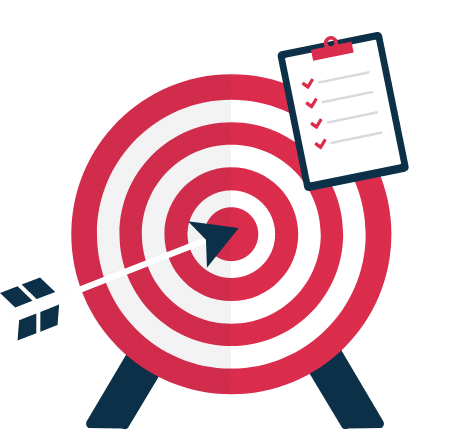
Leave your project to the experts at GoLocalise so that you can relax and be assured of getting top-notch results
Every single detail will be analysed, studied and looked after so that you do not need to worry.
Some would say it’s not too classy to blow our own trumpet… but we just like to point out two very important details.
We have achieved ISO 9001 Quality Management certification in recognition of our consistent performance and high standards, and ISO 14001 Environmental Management because we care about our planet!
And if you are still curious and want to know more about us, why not have a look at our studio page.
Learn more about Transcription Services
Let's get started!
Reach your target market
Don’t leave your important communication to chance. Make sure your message is clearly understood by your audience and choose GoLocalise for your next voice over project. Check out our latest case studies.
We have thousands of passionate and professional voice over artists ready to work with you. Meet some of them in our blog stories.
No matter the type of voice you are looking for, we’ll either have it in our books or find it and source it for you. We’ll organise a casting and ensure you get the perfect voice to suit your needs.
You will also benefit from having your own dedicated project manager – a single point of contact – to guide you through your project, answer any questions you may have and make things a whole lot easier.
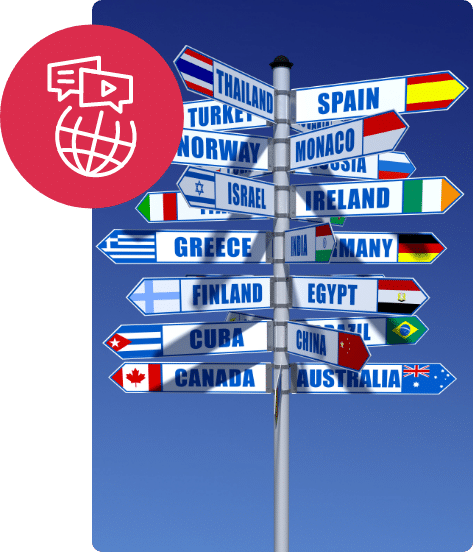
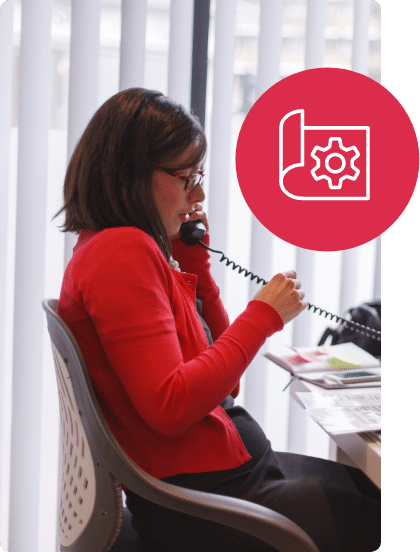
Meet your dedicated project manager
Your project will be in the safe hands of one of our multilingual project managers. They will guide you through every step and ensure you understand the process.
Our industry has a tendency to use lots of technical jargon but your dedicated project manager will be on-hand to untangle the mess and explain all you need to know to ensure you only pay for what you need.
If you need help in choosing the right voice over talent to deliver your message then just ask your project manager.
From booking our voice over recording studios to ensuring you project is delivered on time in your chosen media, relax and let your experienced project manager take care of everything.
You will receive unparalleled attention to detail and customer focus at competitive prices. You’ll wish everything was as easy as a GoLocalise voice over agency!
Perfect voice over recording studios
Your most discerning customers will thank you for choosing our modern state-of-the-art recording studios. Every detail has been carefully thought through for your comfort, leaving you to simply focus on what matters most – the voice over session.
Your recordings will sound beautiful and crystal clear thanks to our high-end studio sound-proofing and audio equipment, i.e. ProTools HD and Neumann microphones.
Maximise your budget by reducing the need for retakes with the help of our experienced in-house sound engineers who will professionally capture and edit your audio.
And for those recordings in languages which neither you nor your client speak, we’ll bring a qualified pro to your session to add that essential ingredient.
To make you feel right at home, we provide high-speed Wi-Fi Internet and air-con is available. And last but not least, we have the biggest cookie jar you’ve ever seen, that’ll make your custom brew taste even sweeter!
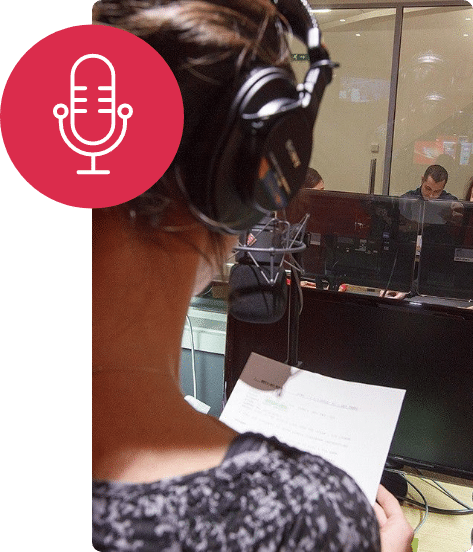
What our happy customers say
Stefanie Smith
Producer at Education First
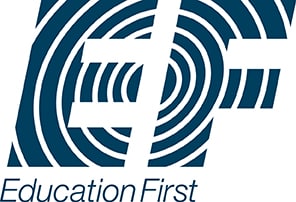
Kerry Gillies
Director at Synergy Language Services

Marion Hirst
Translation Project Manager at Language Wire
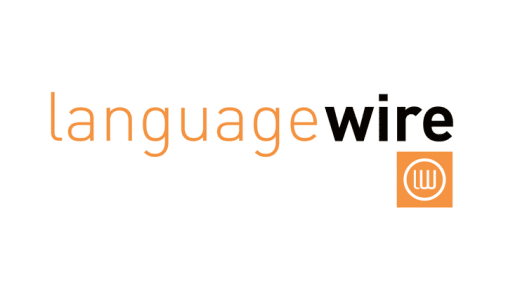
Jo Samuel
Animator at Pixel Circus

Philippa Strandberg-Long
Deputy Course Leader - Acting, Italia Conti
Patricia Leon-Fedorko
Account Specialist at Advanced Language
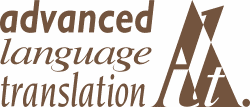
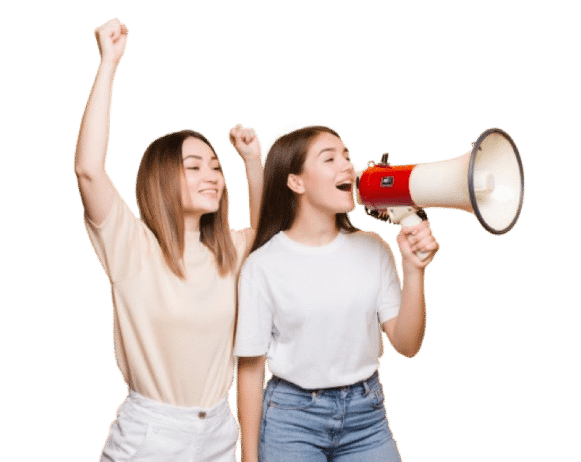
Price Match Promise
Challenge Our Prices, Enjoy Our Quality
A Brief History Of Georgian
Georgian is a Kartvelian language spoken by Georgians. It is the official language of Georgia. Georgian is written in its own writing system, the Georgian script. Georgian is the literary language for all regional subgroups of Georgians, including those who speak other Kartvelian languages: Svans, Mingrelians and the Laz.
Georgian is the most pervasive of the Kartvelian languages, a family that also includes Svan and Megrelian (chiefly spoken in Northwest Georgia) and Laz (chiefly spoken along the Black Sea coast of Turkey, from Melyat, Rize to the Georgian frontier).
Georgian has been written in a variety of scripts over its history. Currently one, mkhedruli (military), is almost completely dominant; the others are used mostly in religious documents and architecture. Mkhedruli has 33 letters in common use; a half dozen more are obsolete in Georgian, though still used in other alphabets. The letters of mkhedruli correspond closely to the phonemes of the Georgian language.
According to the traditional account written down by Leonti Mroveli in the 11th century, the first Georgian script was created by the first king of Caucasian Iberia, Pharnavaz, in the 3rd century BC. However, the first examples of a Georgian script date from the 5th century AD. There are now three Georgian scripts, called asomtavruli (capitals), nuskhuri (small letters), and mkhedruli. The first two are used together as upper and lower case in the writings of the Georgian Orthodox Church, and together are called khutsuri (priests’ alphabet).
In mkhedruli, there is no case. Sometimes, however, a capital-like effect, called mtavruli(‘title’ or ‘heading’), is achieved by modifying the letters so that their vertical sizes are identical and they rest on the baseline with no descenders. These capital-like letters are often used in page headings, chapter titles, monumental inscriptions, and the like.
Georgian has a rich word-derivation system. By using a root, and adding some definite prefixes and suffixes, one can derive many nouns and adjectives from the root. For example, from the root -kartv-, the following words can be derived: Kartveli (a Georgian person), Kartuli (the Georgian language) and Sakartvelo (Georgia).
Most Georgian surnames end in -dze (“son”) (Western Georgia), -shvili (“child”) (Eastern Georgia), -ia (Western Georgia, Samegrelo), -ani (Western Georgia, Svaneti), -uri (Eastern Georgia), etc. The ending -eli is a particle of nobility, equivalent to French de, German von or Polish -ski.
Georgian has a vigesimal numeric system like Basque or French, based on the counting system of 20. In order to express a number greater than 20 and less than 100, first the number of 20s in the number is stated and the remaining number is added. For example, 93 is expressed as ოთხმოცდაცამეტი – otkh-m-ots-da-tsamet’i (lit. four-times-twenty-and-thirteen).
One of the most important Georgian dictionaries is the Explanatory dictionary of the Georgian language(Georgian: ქართული ენის განმარტებითი ლექსიკონი). It consists of eight volumes and about 115,000 words. It was produced between 1950 and 1964, by a team of linguists under the direction of Arnold Chikobava.
Morphology
Georgian is an agglutinative language. There are certain prefixes and suffixes that are joined together in order to build a verb. In some cases, there can be up to eight different morphemes in one verb at the same time. An example can be ageshenebinat (“you (pl) had built”). The verb can be broken down to parts: a-g-e-shen-eb-in-a-t. Each morpheme here contributes to the meaning of the verb tense or the person who has performed the verb. The verb conjugation also exhibits polypersonalism; a verb may potentially include morphemes representing both the subject and the object.
Morphophonology
In Georgian morphophonology, syncope is a common phenomenon. When a suffix (especially the plural suffix -eb-) is attached to a word which has either of the vowels a or e in the last syllable, this vowel is, in most words, lost. For example, megobari means “friend”. To say “friends”, one says, megobØrebi (megobrebi), with the loss of a in the last syllable of the word root.
The Complete Solution To Adapt Your Content
Looking to get your entire project under one roof? Look no further, we can help you make life easier for you!

- Neumann Microphones
- On-hand Sound Engineers
- Talented Voice Over Actors
- State-of-the-art Recording Studios
- Tailored to Your Business
- Stringent Quality Control Process
- Laser-Focused Project Managers
- Global Network of 600+ Languages

- Professional Subtitlers
- Open/Closed Captions & Web
- Industry-Standard Software
- Subtitle Burn-in & Graphic Editing

- Improve accessibility
- Reach a wider audience
- Increased SEO and video views
- Maximise your video's engagement
